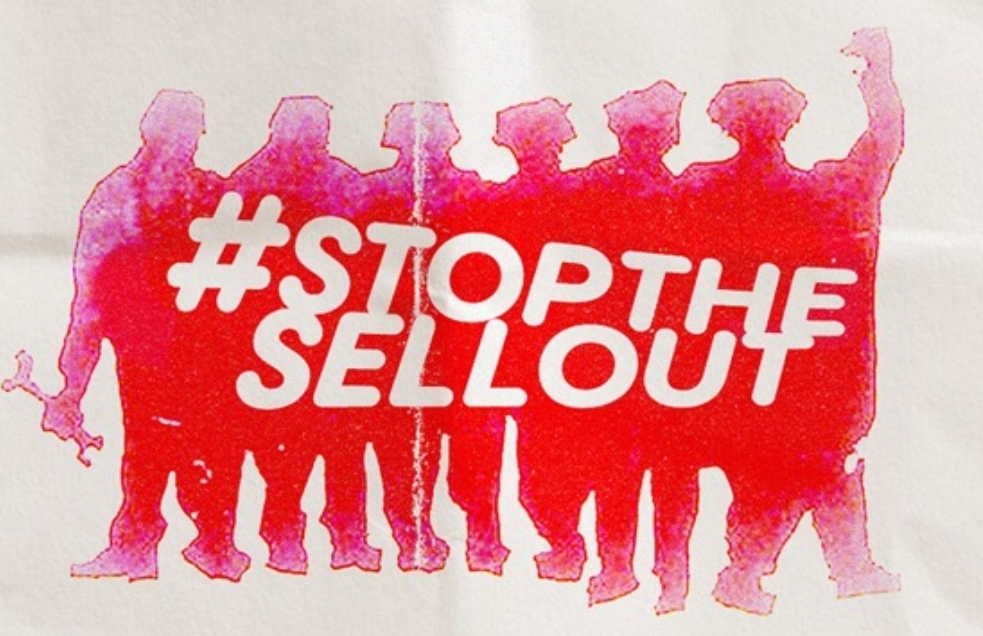1) ACTION SHORT OF A STRIKE (ASOS): taking action short of a strike involves withdrawing certain forms of labour, to be decided upon democratically, for example:
– An agreement not to work beyond our contracted hours, not to send emails at certain times, withdrawing “good will” work that we regularly perform over and above our official duties, non-participation in administrative processes such as the TEF, REF, KEF, NSS, external examining, not covering for absent colleagues or participating in external events in which we represent the university, and other administrative tasks that do not contribute directly to teaching and learning…
-The refusal of face-to-face teaching and professional duties, where it is reasonably possible for these to be undertaken remotely.
-For managers: Non-compliance with individual consultation and with procedures which directly or indirectly select individual staff for compulsory redundancies: though most staff are not legally or contractually obliged to take part in individual consultation, we believe that a mandate to withdraw our labour from these processes is important. HoDs and other line managers will be contractually responsible for carrying out individual consultations with staff at risk of redundancy; this form of ASOS would enable managers, and any other staff, to refuse to carry out or facilitate such consultations and assessments.
-The targeting of student recruitment and discovery days – this would involve non-participation in recruitment events as a form of targeted escalation and could either be applied in certain departments or service areas, or across the board.
A mandate for ASOS gives us a range of options, which might be decided and applied in certain departments or service areas, or across the board, based on collective decisions taken by members.
2) ACTION SHORT OF A STRIKE INCLUDING A MARKING AND ASSESSMENT BOYCOTT: though technically already covered under ASOS, a marking boycott goes further than working to contract and can be considered an escalation in the form of a very targeted action with potentially great impact. A marking and assessment boycott, like that carried out by GUCU members last academic year, would involve refusal to engage in summative assessment or enter grade onto official college systems. There are various measures we might consider implementing along with any such action in order, for example, to ensure that certain groups of students are not unequally affected.
3) STRIKE: by having a mandate for strike action, our negotiating position will be strengthened, and in the event that members do deem it necessary to consider activating, we will be in a position to move quickly rather than going through a new ballot process (which can take weeks if not months). A full strike would involve members ceasing all work (including teaching) on given days (to be decided democratically by the branch in the event we take this form of action).
YOUR VOTE:
By selecting No in answer to each question, you would be indicating that you are not in favour of taking any action at this time. Voting YES to each of the below options will give us the widest range of options if industrial action becomes necessary. In order for GUCU officers to have maximum leverage in negotiations with SMT, we need to have the option of taking industrial action if SMT persists in its plan for mass job cuts. We very much hope you will vote Yes to all questions.
